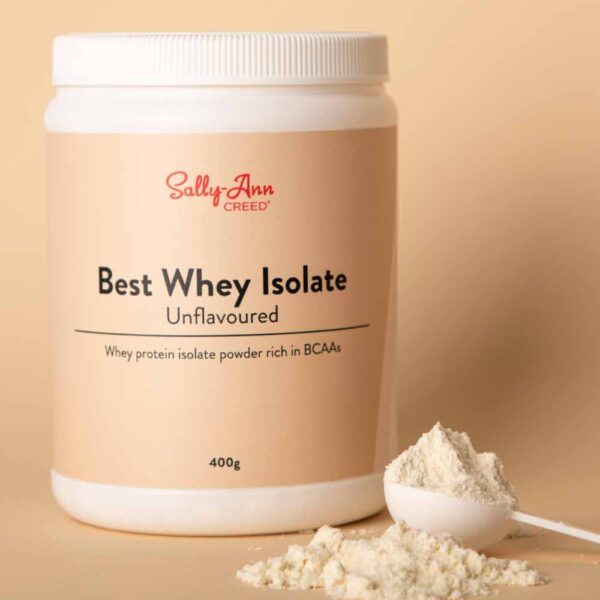Here are some tell-tale signs you may not be getting enough protein in your diet.
If you suspect you are not eating enough you can increase your meat, fish, eggs and poultry. Protein is essential to prevent muscle loss, and stay alive and well.
- Loss of muscle mass and decreased strength
- You are seldom full and snack constantly – protein keeps you satisfied for 5-7 hours without snacking
- You get hungry soon after eating a meal – if so eat more in that meal
- Anaemia – a sure sign of deficiency
- You struggle with energy levels, often feel tired and experience blood sugar highs and lows
- Are you often in a bad mood? It’s one sign of deficiency
- Do you have frequent infections/colds/flu, or do you stay sick longer without recovering?
- Do you have very weak/brittle finger nails and hair? Does your hair grow very slowly?
- Slow wound healing is a sign of protein deficiency
- You experience “stress fractures” – the body will ‘steal’ protein from your bones and organs if you don’t have enough proteinSo make sure you have plenty of healthy, clean protein (not the takeaway kind), with fresh vegetables and enough healthy fats to make you feel full and prevent snack attacks. You’ll feel so much better on more protein.
This post is subject to our general disclaimer https://sallyanncreed.co.za/disclaimer/.







